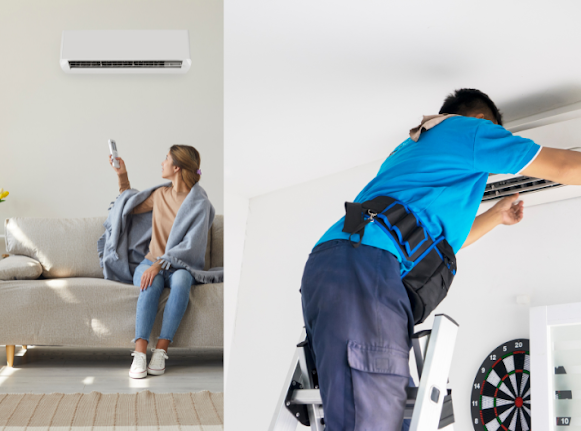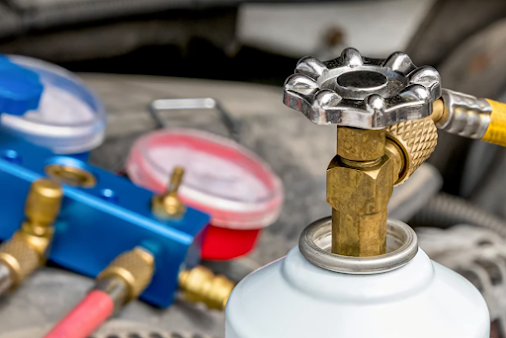Cooling a single room can be challenging, especially during the hot summer months. Beat the heat with the perfect cooling system for your solo space - but with so many options out there, how do you choose?
10 Factors to Consider for Single-Room Cooling Systems
1. Room Size
The size of your room plays a critical role in determining the type of cooling system you should choose. It's essential to measure the room size to ensure that the unit you choose will be able to cool the entire room effectively.
2. Cooling Capacity
An AC's cooling capacity is measured in British Thermal Units (BTUs). The higher the BTU rating, the more powerful the air conditioner. Ensure your chosen cooling system has the appropriate BTU rating for your room size.
3. Type of Air Conditioner
There are various types of cooling systems, such as portable air conditioners, split air conditioners, window air conditioners, and central air conditioning systems. Each type has advantages and disadvantages, so choose one that fits your needs.
4. Energy Efficiency
The energy efficiency of a cooling system plays a critical role in your overall electricity bill. Choose a cooling system with the Energy Star logo, as it meets energy efficiency standards.
5. Noise Level
If you plan to use the cooling unit in your bedroom, the noise level should be a crucial factor. Choose a unit that operates smoothly so you can sleep soundly through the night.
6. Maintenance
When selecting a cooling system, it is important to factor in maintenance as a crucial aspect. The ease of cleaning and upkeep should be considered to ensure long-term cost savings.
7. Price
Price is always a significant factor when choosing any home appliance. Choose a cooling system that fits your budget while still meeting your needs.
8. Ease of Installation
If you plan to install your cooling system yourself, consider how challenging it is to install. Look for systems with easy-to-follow installation instructions.
9. Additional Features
Consider additional features such as remote control, built-in air purifiers, and programmable thermostats when picking a cooling system.
10. Brand Reputation
Choose a cooling system from a reputable brand with a history of making reliable products. Ensure that you research customer reviews and experience before making a decision.
By carefully evaluating various factors and conducting thorough research, one can select a suitable cooling system for a cost-effective single room that provides optimal temperature control year-round.






